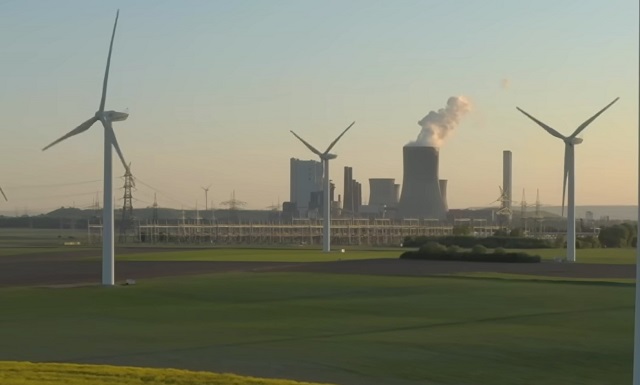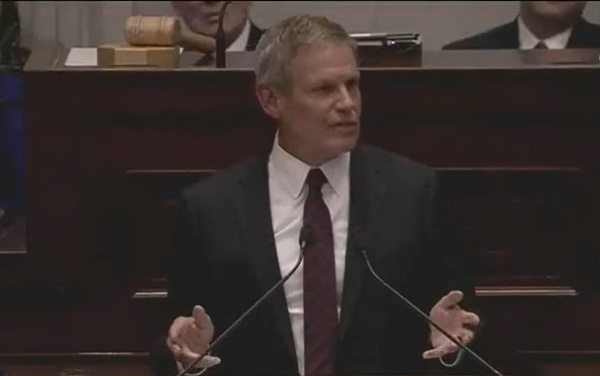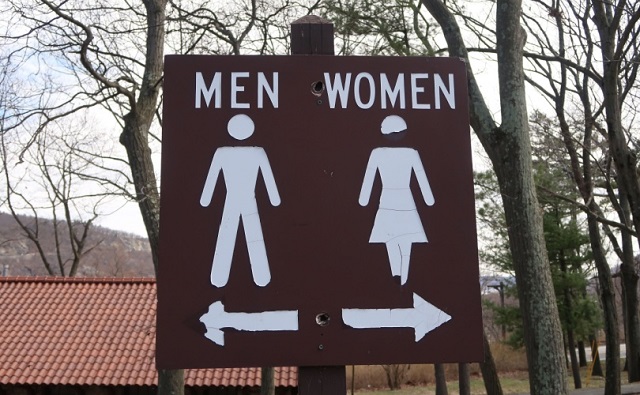Alberta
Premier Smith setting up panel to review response to COVID-19 and plan for next emergency response

Improving Alberta’s response to public health emergencies
Premier Danielle Smith is establishing an expert panel to review the legislation and governance practices used by the Government of Alberta during the management of the COVID-19 public health emergency and to recommend changes necessary to improve government response to future health emergencies.
“There are valuable lessons we learned from the Alberta government’s response to the COVID-19 public health emergency. It’s important that we apply those lessons to strengthen our management of future public health crises, and the panel’s recommendations will be key in doing so.”
As part of its review, the panel will invite experts and the public to provide their views on how the government can better respond to future health emergencies while mitigating impacts on the social well-being, mental health, civil liberties and livelihoods of Albertans. With this feedback in mind, the panel will review relevant legislation to ascertain whether there are amendments that can assist the government to improve their response to a future public health crisis.
“It’s crucial that we take the opportunity to review the province’s COVID-19 response and examine whether and how that approach can be improved in future health emergencies. I look forward to working with my fellow panelists and hearing from Albertans about how the province can best achieve this objective.”
The panel invites Albertans and experts to provide their input online at alberta.ca/PublicHealthPanel.
Panel chair Preston Manning will make recommendations to the Premier as to the final membership of the panel in the coming months. The panel will provide its final report and recommendations to the government by Nov. 15.
Quick facts
- In reviewing applicable legislation and governance practices, the panel will consider and balance various factors in the overall context of a public health emergency, including:
- general public health and health information
- mental health and wellness
- child and student health, mental health and education
- health professionals’ practice standards
- effective implementation of emergency measures
- protection of rights and freedoms
- economic and financial effects
- employment standards
- The budget for the panel is $2 million.
- Manning, as the panel chair, will be paid $253,000.
- Other panel members will be recommended by the chair for the Premier’s final approval.
Alberta
Alberta government should eliminate corporate welfare to generate benefits for Albertans

From the Fraser Institute
By Spencer Gudewill and Tegan Hill
Last November, Premier Danielle Smith announced that her government will give up to $1.8 billion in subsidies to Dow Chemicals, which plans to expand a petrochemical project northeast of Edmonton. In other words, $1.8 billion in corporate welfare.
And this is just one example of corporate welfare paid for by Albertans.
According to a recent study published by the Fraser Institute, from 2007 to 2021, the latest year of available data, the Alberta government spent $31.0 billion (inflation-adjusted) on subsidies (a.k.a. corporate welfare) to select firms and businesses, purportedly to help Albertans. And this number excludes other forms of government handouts such as loan guarantees, direct investment and regulatory or tax privileges for particular firms and industries. So the total cost of corporate welfare in Alberta is likely much higher.
Why should Albertans care?
First off, there’s little evidence that corporate welfare generates widespread economic growth or jobs. In fact, evidence suggests the contrary—that subsidies result in a net loss to the economy by shifting resources to less productive sectors or locations (what economists call the “substitution effect”) and/or by keeping businesses alive that are otherwise economically unviable (i.e. “zombie companies”). This misallocation of resources leads to a less efficient, less productive and less prosperous Alberta.
And there are other costs to corporate welfare.
For example, between 2007 and 2019 (the latest year of pre-COVID data), every year on average the Alberta government spent 35 cents (out of every dollar of business income tax revenue it collected) on corporate welfare. Given that workers bear the burden of more than half of any business income tax indirectly through lower wages, if the government reduced business income taxes rather than spend money on corporate welfare, workers could benefit.
Moreover, Premier Smith failed in last month’s provincial budget to provide promised personal income tax relief and create a lower tax bracket for incomes below $60,000 to provide $760 in annual savings for Albertans (on average). But in 2019, after adjusting for inflation, the Alberta government spent $2.4 billion on corporate welfare—equivalent to $1,034 per tax filer. Clearly, instead of subsidizing select businesses, the Smith government could have kept its promise to lower personal income taxes.
Finally, there’s the Heritage Fund, which the Alberta government created almost 50 years ago to save a share of the province’s resource wealth for the future.
In her 2024 budget, Premier Smith earmarked $2.0 billion for the Heritage Fund this fiscal year—almost the exact amount spent on corporate welfare each year (on average) between 2007 and 2019. Put another way, the Alberta government could save twice as much in the Heritage Fund in 2024/25 if it ended corporate welfare, which would help Premier Smith keep her promise to build up the Heritage Fund to between $250 billion and $400 billion by 2050.
By eliminating corporate welfare, the Smith government can create fiscal room to reduce personal and business income taxes, or save more in the Heritage Fund. Any of these options will benefit Albertans far more than wasteful billion-dollar subsidies to favoured firms.
Authors:
Alberta
Official statement from Premier Danielle Smith and Energy Minister Brian Jean on the start-up of the Trans Mountain Pipeline

-

 Energy2 days ago
Energy2 days agoNet Zero’s days are numbered? Why Europeans are souring on the climate agenda
-

 illegal immigration16 hours ago
illegal immigration16 hours agoBiden’s DOJ Threatens To Sue Another State For Enforcing Immigration Law
-

 Economy15 hours ago
Economy15 hours ago‘Gambling With The Grid’: New Data Highlights Achilles’ Heel Of One Of Biden’s Favorite Green Power Sources
-

 Energy12 hours ago
Energy12 hours agoMarket Realities Are Throwing Wrench In Biden’s Green Energy Dreams
-

 International1 day ago
International1 day agoTrump campaign says he will pardon Jan. 6 prisoners on ‘case-by-case basis’ if re-elected
-

 ESG13 hours ago
ESG13 hours agoTennessee Taking Lead In Protecting Civil Rights And Free Enterprise—And Stopping Political Debanking
-

 Opinion2 days ago
Opinion2 days agoQuebec’s ban on gender-neutral bathrooms in schools is good news
-

 Energy2 days ago
Energy2 days agoBiden Has Taken More Than 200 Actions Against Domestic Oil, New Report Says







